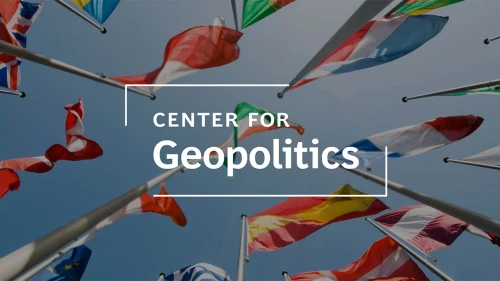Our Approach to Economic Development Consulting
The dynamics around economic development are rapidly evolving, and the most crucial levers for economic development can also be the most challenging to apply. New technologies and business models are shifting economic growth to new sectors. Rising levels of inequality and increasing competition for foreign investment are adding complexity—and urgency—to achieving sustainable economic growth and well-being. Our economic development consulting team helps governments and policymakers tackle the imperatives and impediments alike.
- Innovation. Nations that innovate excel at job creation, entrepreneurship, talent, and ecosystems. But unleashing innovation requires significant investment and streamlined bureaucracy. We work with governments to develop comprehensive, long-term strategies. Case in point: helping Vietnam create its National Innovation Center, a hub for advances—and opportunities—in Industry 4.0 technologies.
- Financial Inclusion. When financial services are readily accessible, whole populations can improve their lives and open new doors. Yet 1.7 billion adults are still unbanked. We use new lenses—such as behavioral economics and geospatial mapping—to understand why people don’t, or can’t, use certain products, and to figure out how to build better solutions.
- Public-Private Partnerships. How can government and the private sector work together to drive better outcomes? We look at the factors that make—or hinder—successful partnerships, such as regulatory systems, institutional support, and the climate for foreign direct investment. Then we design solutions—such as Rwanda’s Investment Accelerator—to spark interest from private companies and spur collaboration.
Our Client Work in Economic Development
True economic development means laying a foundation for sustainable economic growth—for both a country and its citizens. The following client-impact stories highlight BCG's approach to making that happen.
Our Economic Development Tools and Solutions
Our Partnerships on Economic Development
We partner with some of the world’s most influential global economic development organizations, collaborating to gain insights on how new—and often disruptive—ideas, technologies, and business models can further sustainable economic growth and well-being. For example, we’ve worked with the Bill & Melinda Gates Foundation to examine how cash-in/cash out systems—and mobile money agent networks in particular—can foster financial inclusion.
Explore Our Insights on Global Economic Development
















